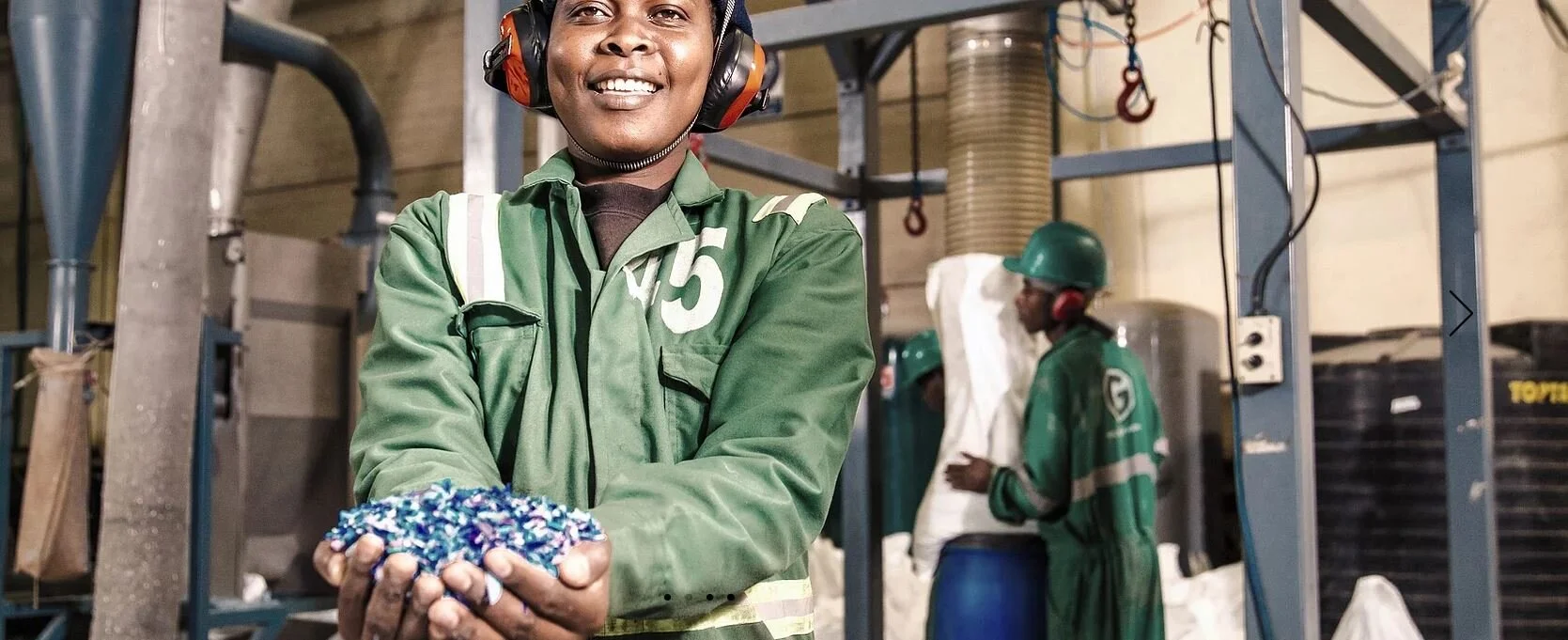What if you knew how to help the world be a little bit better, nicer, kinder, and wealthier? What impact could you create?
Purity Kimani is aiming to use her Lean CX expertise to improve the Kenyan plastic recycling ecosystem. She is one of the first cohort of students in the Lean CX Online Certification, which starts today.
The course is all about using customer experience innovation to create real impact. It is focused on teaching students how to design and market-test valuable new customer experience initiatives, ready to scale. It virtually guarantees an improved customer-centric ecosystem and new stream of reliable revenue. Which is exciting news for businesses and social enterprises alike.
To increase its own global impact, CapFeather’s education arm, the CX Institute, provides scholarships for people who may not have access to the financial resources needed, but can show how their community and customers will benefit from the training.
When we develop an educational program, we apply the principles we teach. The Lean CX training focuses on creating tangible value for the company and its customers. However, we know the impact goes further – CX innovation can also help our staff, their families, contingent workers, communities and the economy. Lean CX Scholarships are our investment in the global communities where CX leaders are truly making a difference.
Sarah Daly, Director CX Institute
The Lean CX Online Certification program launches today, and the first scholarship will be undertaken by Purity Kimani, Strategic Projects Officer with Mr. Green Africa. Here is why she feels the Lean CX course is valuable:
I work in a strategic role within a Kenyan plastic recycling social enterprise. Initially, I helped validate concepts. Now, I have transitioned into a customer experience role, in which I will be leading and developing the function. As I have a Chemistry background, I am truly learning on the job and would like to upskill. My job entails using behavioural design to incentivize people to participate in recycling while striving to empower waste collectors and small businesses in the process. My responsibility is to understand the customer and solve their problems by providing sustainable solutions and CX gives me the tools to do so.
Moving from a technical background in chemistry into a strategic, human-centred role is a courageous move - and that appealed to CapFeather’s team when granting the scholarship. The company she works with is already making a difference and the CapFeather team wanted to help her invest further.
Mr. Green Africa trades fairly sourced recycled materials processed into high quality products for local and international markets.
Mr. Green Africa trades fairly sourced recycled materials processed into high quality products for local and international markets. They achieve social impact by integrating informal Waste Collectors into their value chain by applying fair trade principles. The organisation creates jobs for people who might not otherwise have a reliable income. It also provides free health checks for waste workers.
The people who collect waste are invisible heroes. They are making an important contribution to society and the environment.
Keiran Smith, CEO and co-founder of Mr. Green Africa
Mr. Green Africa is driving positive change in communities in Kenya where a lack of waste infrastructure has led to plastic waste ending up in rivers and informal dumps. By incentivizing waste pickers with a higher, stable income and establishing sorting centers that allow waste pickers to bring plastic waste in for payment, and then enabling this waste to be processed in recycling centers, the organisation has not only created a new market for flexible plastic waste, it has made sorting materials more effective in the region. In fact, it is estimated that approximately 30 Metric Tons (MT) of flexible plastic waste - which would not have been collected previously - is now processed through Mr. Green Africa’s waste stream every 2 months in Kenya.
By empowering waste collectors and small businesses in the waste collection process, Mr Green Africa is cleverly optimising its Workforce Experience to create real impact in the community and for the environment. Applying Lean CX is their next step in improving the Kenyan plastic recycling ecosystem.
The Lean CX Online Certification is a self-paced program that leads you step by step to quickly design, test and deliver new CX innovations. Find out more about the course.
Decisions on CX Institute Scholarships are made with input from the CapFeather team. We received Purity Kimani’s agreement to talk about her and Mr Green Africa, however it was not required for the scholarship.




